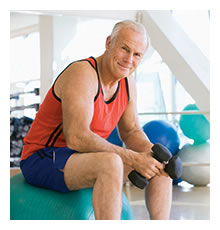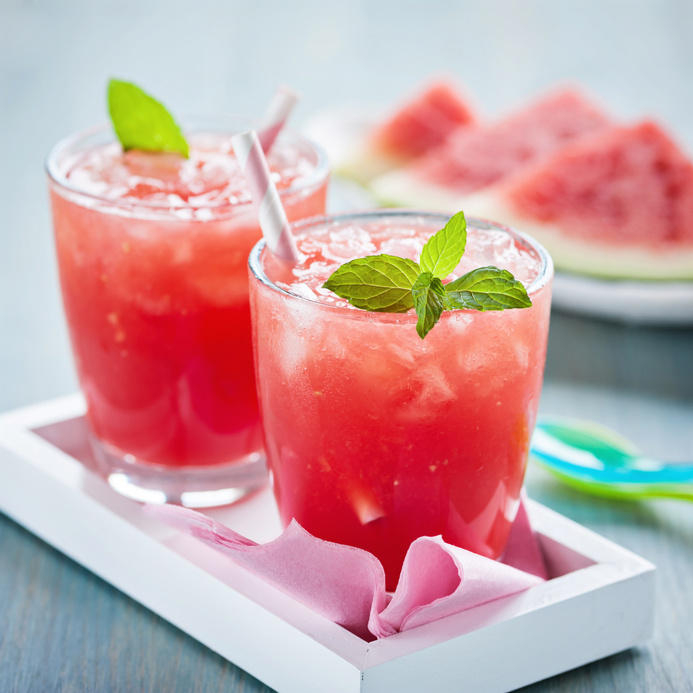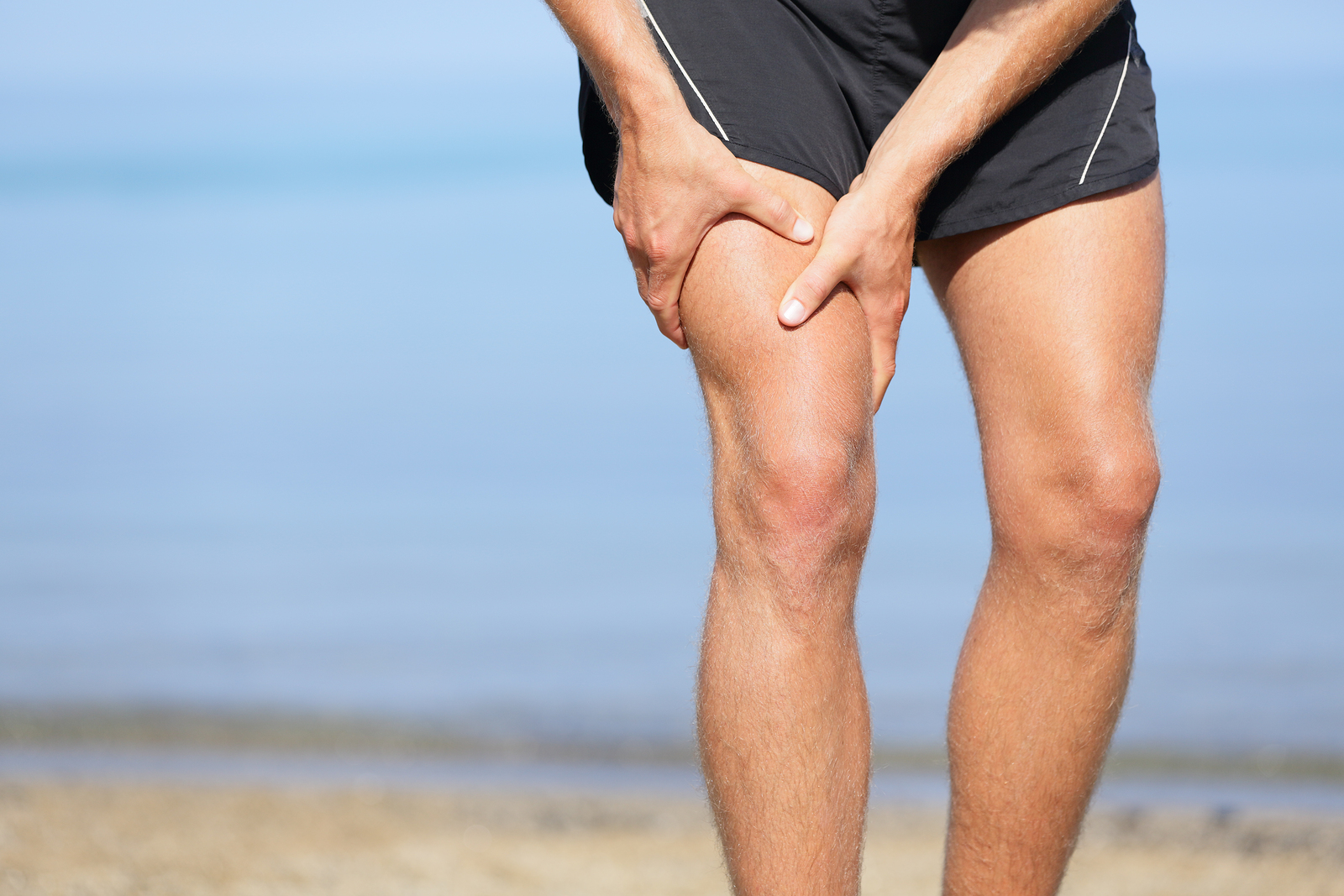
by Dr. Michael Murray | Apr 21, 2015 | Exercise, Most Recent
Introduction: There is no question that a sedentary lifestyle is a major risk factor for cardiovascular disease (CVD) and an early death. But a new study provides data to make it easy to conclude, that people who go to the opposite end of the spectrum and run too much...

by Dr. Michael Murray | Oct 20, 2014 | Exercise
Exercise is an important part of any health plan and an excellent way of keeping your immune system in shape as well. While most people know that staying active is essential if you want to live a healthy life, starting an exercise routine can be daunting for anyone...

by Dr. Michael Murray | Mar 4, 2014 | Exercise
Introduction Numerous studies show that the elderly have increased oxidative stress and impaired antioxidant defense systems. As a result, the aging process in general increases with aging as a result of this double whammy. And, in addition to the aging faster, the...

by Dr. Michael Murray | Oct 22, 2013 | Exercise
Introduction Watermelon, as its name would imply, is an excellent source of pure water. It use as a medicine has focused on primarily its diuretic effects. New research indicates that drinking watermelon juice is a perfect after workout remedy to reduce muscle...

by Dr. Michael Murray | Sep 30, 2013 | Exercise
After a sports injury or sprain, immediate first aid is very important. The acronym RICE summarizes the approach: Rest the injured part as soon as it is hurt to avoid further injury. Ice the area of pain to decrease swelling and bleeding. Compress the area with an...

by Dr. Michael Murray | Jul 30, 2013 | Exercise
Aging is associated with many physical changes. One of the most obvious and preventable changes is the loss of muscle mass and strength. The medical term for this process is sarcopenia, from the Greek meaning of “poverty of flesh.” Sarcopenia is to our muscle mass...









